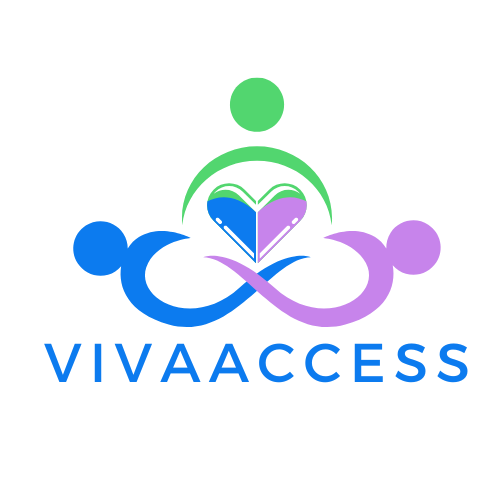Treatment of Autism Spetrum disorder
The treatment of Autism Spectrum Disorder (ASD) varies according to the individual needs of each person but generally involves a combination of therapies and approaches that address symptoms and promote development and adaptation. Here’s a summary of the main treatment approaches for ASD:
- Behavioral Therapy: This approach focuses on modifying problematic behaviors and teaching new skills through techniques such as Applied Behavior Analysis (ABA). ABA is based on reinforcing positive behaviors and discouraging negative ones.
- Speech and Language Therapy: This therapy helps improve verbal and nonverbal communication, as well as social skills. It may involve the use of pictures, gestures, and assistive communication devices to facilitate communication.
- Occupational Therapy: This therapy focuses on helping individuals with ASD develop practical skills for daily living, such as personal care, fine motor skills, and sensory regulation.
- Early Intervention: Early detection and intervention are crucial for improving long-term outcomes for children with ASD. Early interventions may include speech and language therapy, occupational therapy, behavioral therapy, and specialized educational programs.
- Specialized Education: Educational programs specifically designed for children with ASD can provide a structured learning environment and individualized support to address each child’s unique educational needs.
- Family and Community Support: Providing support to families and connecting them with community resources can help create a supportive environment for the child with ASD and their family. This may include support groups, respite services, and community inclusion programs.
- Pharmacological Treatment: In some cases, medications may be prescribed to help control symptoms associated with ASD, such as hyperactivity, anxiety, or sleep disorders. However, the use of medications is generally considered complementary to other forms of treatment and should be supervised by a doctor.
It’s important to note that treatment for ASD is highly individualized and may require a multidisciplinary approach involving doctors, therapists, educators, and other healthcare professionals. Early intervention and ongoing support are critical to helping individuals with ASD reach their full potential and improve their quality of life.







